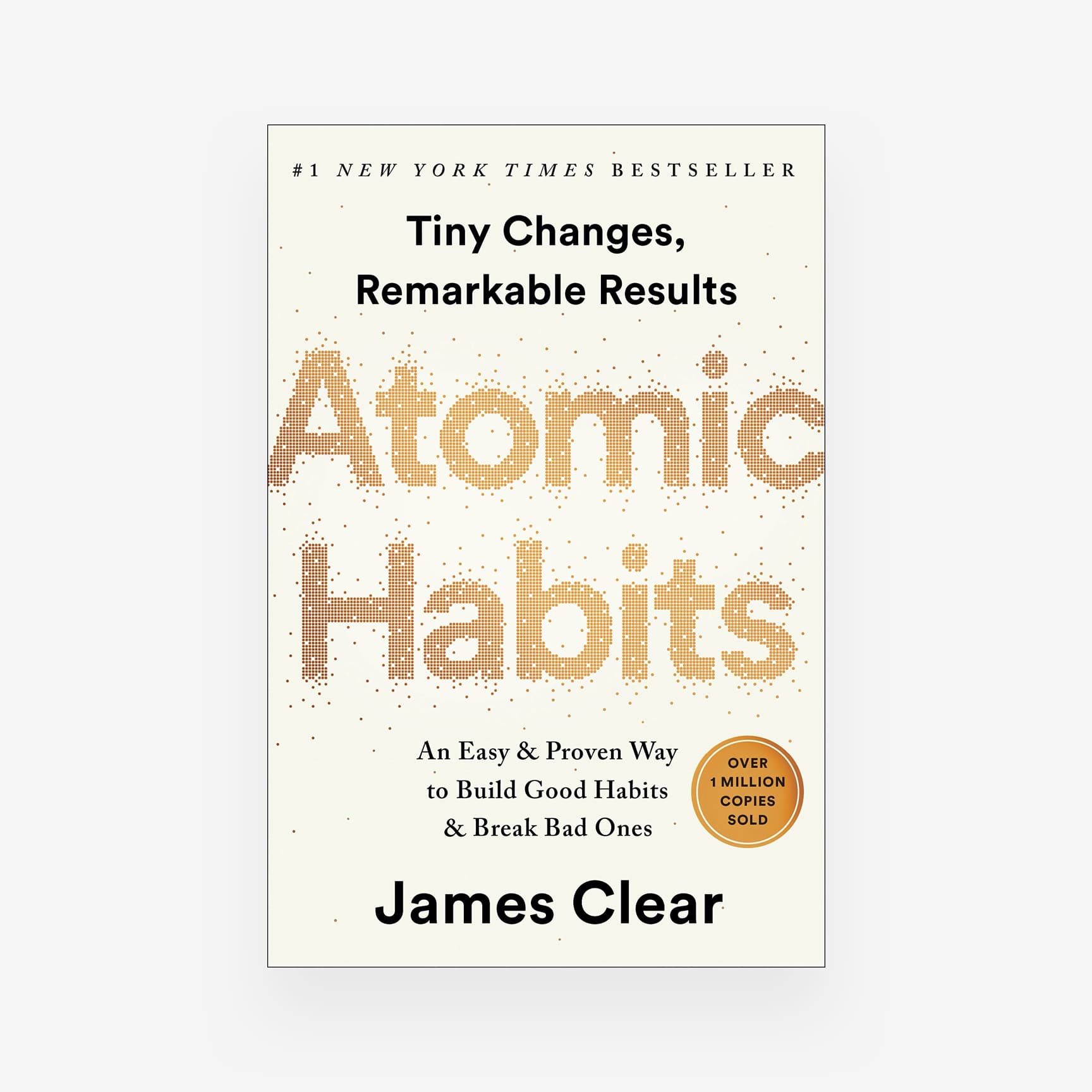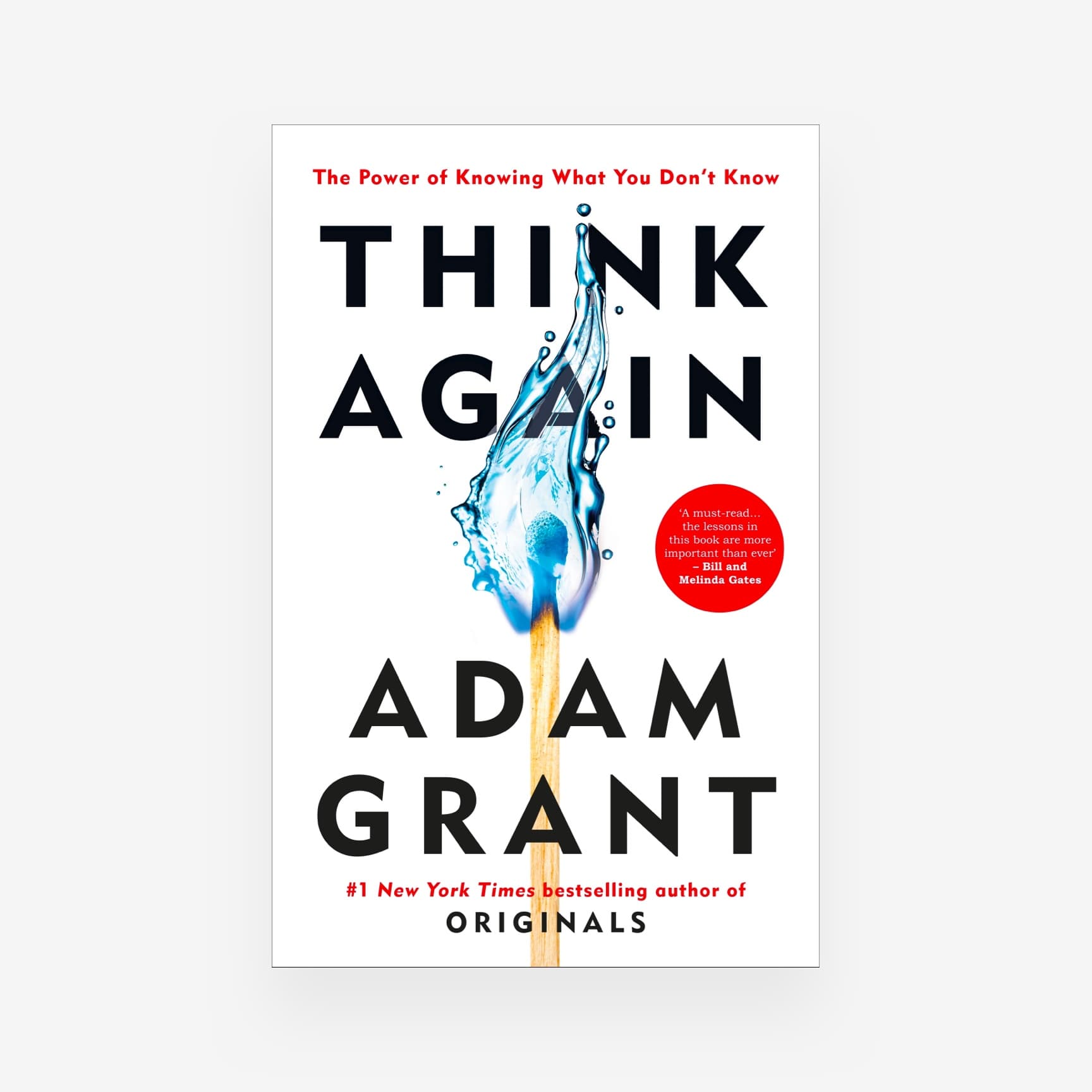Have you ever looked at a company and wondered, "What makes them so successful?"
It seems like some businesses effortlessly climb the ladder to greatness, while others remain frustratingly stuck in "good" territory. Jim Collins, in his bestselling book Good to Great, tackles this very question.
Through extensive research on industry-leading companies, Collins unveils a framework that separates the good from the great.
This blog post dives into five key concepts from Good to Great, each one a powerful pillar supporting a company's journey to greatness.

Photo from the wires
1. Level 5 Leadership: The Architect of Greatness
Imagine a leader who possesses unwavering ambition, yet remains grounded and humble. This is the essence of a Level 5 Leader, according to Collins. These exceptional individuals prioritize the company's long-term vision over personal gain. They inspire and motivate others, fostering a culture of dedication and excellence.
Level 5 leadership isn't about charisma or forceful personalities. It's about a quiet strength, a relentless pursuit of what's best for the company, and the ability to build a team that thrives under their guidance. Think of CEOs like Jack Welch at GE or Andy Grove at Intel – leaders who transformed their companies into industry giants through their unwavering vision and commitment.
Books you may want to read:
2. The Hedgehog Concept: Finding Your Sweet SpotGreat companies, argues Collins, have a clear understanding of their Hedgehog Concept. This isn't some abstract philosophy; it's a practical framework outlining three critical areas:
- What you can be the best in the world at: This isn't about being good at everything; it's about identifying a specific area where you can excel and dominate the competition.
- What drives your economic engine: This delves into the core financials – what activities generate your profits and how sustainable is that model?
- What you are deeply passionate about: Passion fuels innovation and dedication. Understanding your company's core passion keeps everyone motivated and moving in the right direction.
Imagine a Venn diagram where these three circles overlap. The sweet spot in the center becomes your Hedgehog Concept. This is the unique space where your company's strengths, economic engine, and passion converge, forming a powerful foundation for sustainable success.
3. First Who... Then What: Building the Right TeamGreat companies don't just hire talented people; they hire the right people. Collins emphasizes the concept of "First Who... Then What." This means prioritizing getting the right people on board before deciding on the company's direction.
Think about it - even the best strategy can falter if the team lacks the skills, character, and commitment to execute it. Great companies meticulously recruit individuals who embody the company's core values. They build a team with diverse talents and experiences, fostering a collaborative environment where everyone contributes their best.
4. Discipline of People: Empowering OwnershipHaving the right people isn't enough. You need to cultivate a culture that empowers them. This is where the Discipline of People comes in.
This concept isn't about micromanagement. It's about fostering an environment of ownership and accountability. Great companies trust their employees and provide them with the resources and freedom to excel. Employees are held to high standards, but they're also given the space to innovate and take initiative.
Imagine a company where everyone feels valued, respected, and accountable for their actions. This is the power of the Discipline of People – a culture that unleashes the full potential of every team member.
Book you may want to read: Discipline Is Destiny: The Power of Self-Control
5. The Flywheel Effect: Building Momentum for Long-Term SuccessGreatness takes time. It's not a quick fix or a one-time achievement. Collins uses the Flywheel Effect to illustrate this concept. Imagine a large, heavy flywheel. Pushing it initially requires significant effort, but as it gains momentum, it becomes easier and easier to keep it spinning.
Great companies operate on the same principle. Consistent effort in the right areas – from hiring the right people to refining your business model – builds momentum over time. This momentum translates into improved results, attracting better talent, and further fueling growth. It's a virtuous cycle that propels the company towards lasting success.
The Road to Greatness Starts Here
The concepts outlined in Good to Great challenge conventional business wisdom. They emphasize the importance of long-term vision, building a strong foundation, and fostering a culture that empowers your people.
By internalizing these principles, companies can break free from the shackles of mediocrity and embark on the path to true greatness. Good to Great offers a roadmap for leaders and aspiring entrepreneurs, but it's just the beginning. The book delves deeper into each concept, providing practical frameworks and real-world examples to illustrate their application.
Here are some additional points to consider:
- Confronting the Brutal Facts: Good to Great companies don't shy away from reality. They confront the "brutal facts" about their situation, honestly assessing their strengths and weaknesses. This unflinching self-awareness allows them to make informed decisions and course corrections.
- The Stockdale Paradox: The book explores the Stockdale Paradox, named after Admiral Jim Stockdale, a prisoner of war during the Vietnam War. The paradox states that you must retain unwavering faith that you will prevail while simultaneously confronting the most brutal facts of your current reality. Great companies embody this paradox – they are optimistic about the future while remaining grounded in the challenges of the present.
- Technology Accelerators: While Collins' core principles are timeless, the book acknowledges the role of technology as an accelerator. Technology can amplify a company's strengths and reach new markets, but it's not a substitute for the fundamental principles outlined in Good to Great.
Good to Great is a thought-provoking read, packed with valuable insights for leaders and aspiring entrepreneurs. Whether you're running a small business or leading a large corporation, the principles outlined in this book can be a powerful catalyst for transformation.
Taking Action: Your Next Steps
Intrigued by these concepts? Here's how you can take action:
- Read the Book: Dive deeper into the world of Good to Great by reading the book itself. Collins provides detailed explanations, case studies, and practical tools to help you implement these principles in your own organization.
- Conduct a Value Assessment: Reflect on your company's core values. Are they clearly defined and understood by everyone? Do they align with the principles outlined in Good to Great?
- Build Your Team: Focus on acquiring and retaining the right people. Evaluate your current recruitment practices and ensure you're attracting individuals who embody your company's values and possess the skills needed for success.
- Empower Your Employees: Cultivate a culture of ownership and accountability. Provide your team with the resources and freedom they need to excel in their roles.
Remember, building a great company is a journey, not a destination. By embracing the principles outlined in Good to Great and taking consistent action, you can propel your organization toward a future of sustainable success.
Interested to read more like this topic? Gregory Books PH suggests to check these out:
- Revamping Our Approach to Work
- How to Find Meaning in Your Job When It Seems Meaningless
- The Forecast of Work From Home






















